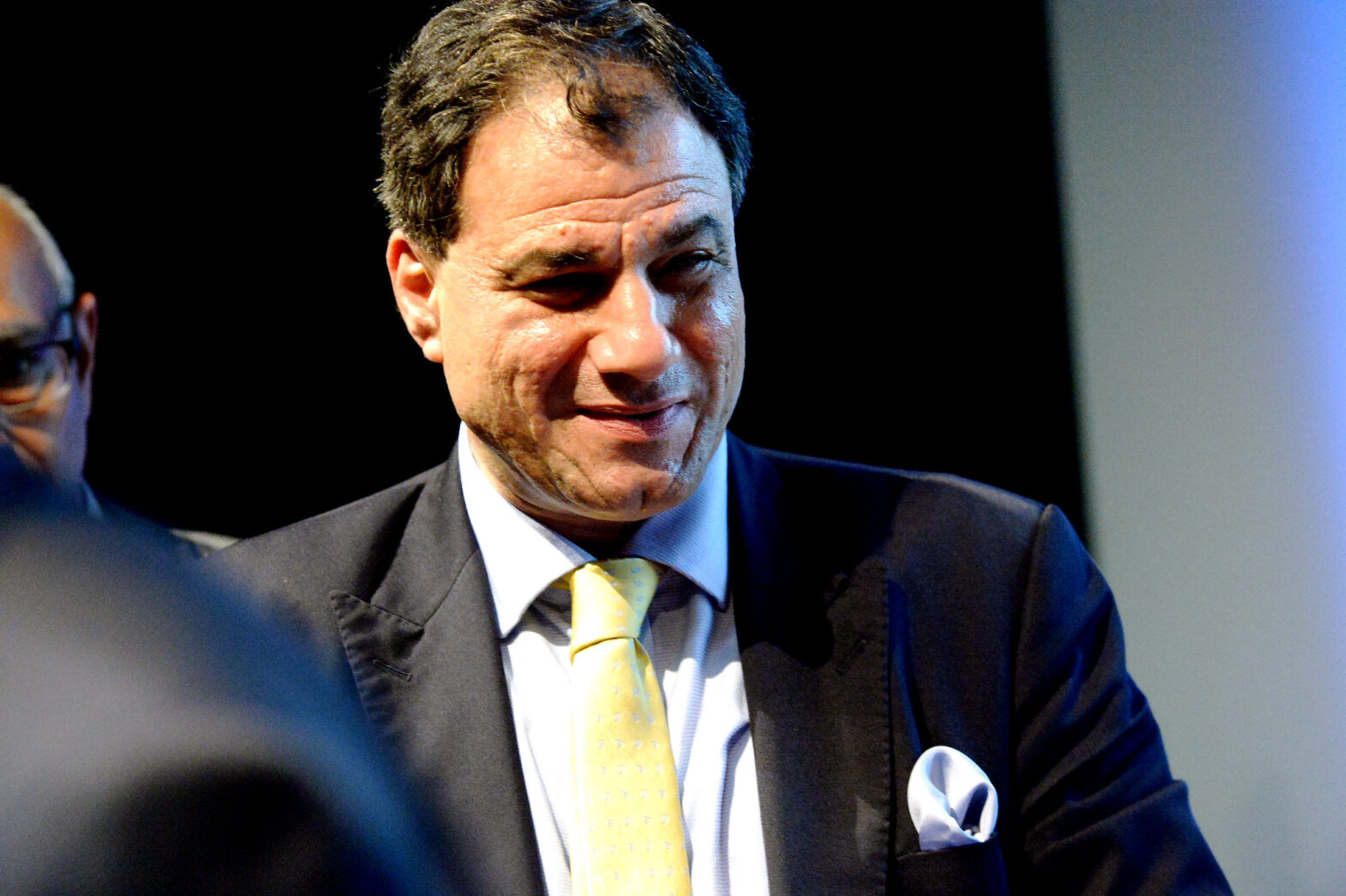UPDATED: Businesses are pushing Government to drop a tax hike from April and instead given them more financial support to help them survive Omicron.
With Omicron sweeping across Britain and millions of people expected to be either ill, self-isolating or working from home, business leaders are calling for more emergency Covid-19 financial support.
Lord Bilimoria, president of the Confederation of British Industry (CBI), said it is “absolutely the wrong time” for Chancellor Rishi Sunak to increase businesses taxes by £12bn, given the fragile recovery.
>See also: Do I have to pay staff who are self-isolating?
Mr Sunak is to increase National Insurance contributions by 1.25 per cent in April to raise £12bn a year and plans to put up corporation tax in 2023.
Hospitality businesses face a tax hike in VAT to 20 per cent when the Government’s temporary relief also ends in April.
Kate Nicholls from UKHospitality has called for councils to release discretionary grants and for VAT and rate relief support to be extended.
Lord Bilimoria told the Daily Telegraph: “This is absolutely the wrong time to have the highest tax burden for 70 years. We need to be helping our economy and businesses that have suffered so much. The Government must be incentivising growth and investment.
>See also: Businesses say taxman taking ‘aggressive’ approach
“Business is grateful for the support so far; it has saved millions of jobs. But the recovery – which was meant to be a ‘bounce back’ recovery – has ended up being a very fragile recovery.”
The CBI has called on ministers to “provide support in lockstep with future restrictions”.
Where’s Rishi?
Meanwhile, business leaders, lobby groups and business owners are asking, “Where’s Rishi?” after the Mirror revealed that the Chancellor has left Britain for a four-day trip to California speaking to tech and investment companies.
Baroness McGregor-Smith, chairman of the British Chambers of Commerce, said: “Businesses have heard nothing from the Treasury since this new round of Covid interventions arrived one week ago.
“Not even a rationale has been provided for why it believes no new support is required.”
The Chancellor is under pressure to introduce more support for hospitality with pub group Farr Brew warning that Omicron guidance will result in “dozens of thousands of pubs going under”.
Michael Kill, chief executive of the Night Time Industries Association, accused the Government of “taking a sledge hammer to what is usually the busiest period of the year”.
He appealed to Rishi Sunak directly, asking: “Where on earth is the Chancellor of the Exchequer?”
“With the Prime Minister appearing to lack the political will to impose actual restrictions, and instead seeking to induce a pseudo-lockdown through repeated sombre-sounding announcements, our sector is now facing the worst of both worlds – a drop in footfall and no Government support to help us through,” he told the Telegraph.
Anne Marie Morris, the Tory MP for Newton Abbott, called for “immediate sector specific financial support from Treasury” following the change in advice.
Wes Streeting, Labour’s shadow health secretary, told Radio 4 it was “frankly inexplicable that the Chancellor and Business Secretary are nowhere to be seen”.
Labour MP Darren Jones, chairman of the business select committee, said: “Government must turn the financial support for business and workers back on.”
Suspend business rates
Meanwhile, the UK fitness sector has called for “urgent financial packages” to support businesses as working from home guidelines threaten the crucial January sign-up period for city-centre gyms, reliant on commuter footfall.
Gym chains have already reported a sharp drop in visits since the recommendatiion to work from home was announced last week. It will remain in place until at least January 5, eating into the fitness sector’s traditional high point of the year for sign-ups.
Huw Edwards, chief executive of industry group ukactive, wants the Treasury to suspend business rates for all gyms and fitness businesses for the first quarter of 2022, introduce new grants to compensate for lack of trade and reduce VAT rates, with a view to a permanent relief.
The commercial property rent moratorium protecting businesses behind on rent from eviction will also end in March – another concern for the sector.





